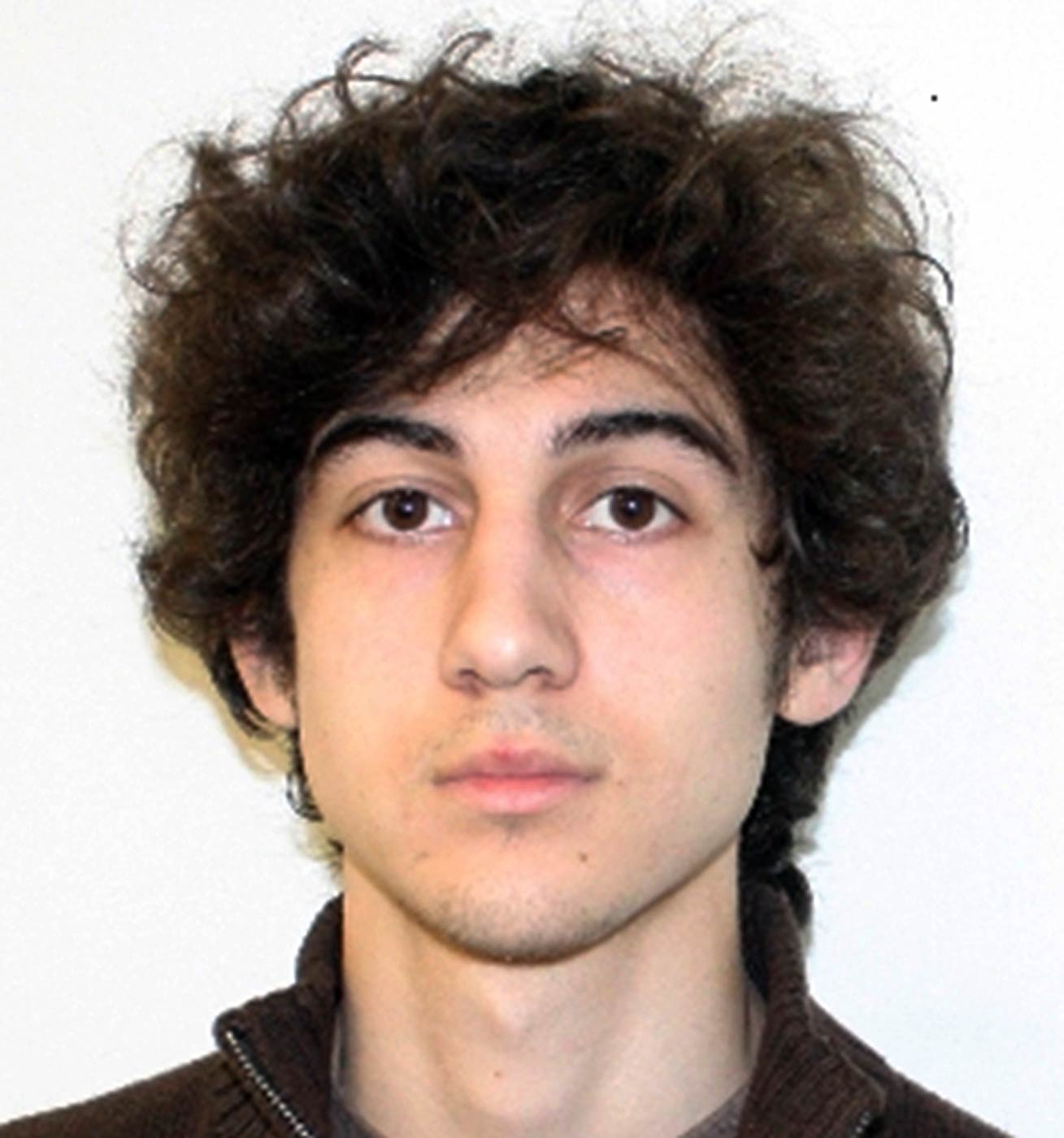
Last week, Dzhokhar Tsarnaev was convicted for his heinous acts in the 2013 Boston Marathon bombing. The verdict itself wasn’t a surprise, as Tsarnaev confessed to the crimes shortly after his arrest in April 2013. The true drama of the case has always lied in the upcoming sentencing phase, when a jury will decide whether or not Tsarnaev will receive the death penalty.
Immediately following the verdict, the Massachusetts Catholic bishops, including Boston Cardinal Sean O’Malley, released a statement opposing Tsarnaev’s possible execution. Quoting the American bishops’ conference, they wrote “‘no matter how heinous the crime, if society can protect itself without ending a human life, it should do so.’”
Pope Francis has gone a step further, arguing that life imprisonment itself is a “hidden death penalty” and should be off the table as a means for punishing criminals. His predecessor John Paul II even personally lobbied the late Missouri Governor Mel Carnahan to spare the life of a convicted murderer on death row before the pope’s January 1999 visit to the city.
Bostonians seems to agree with the church’s stance. Recent polling suggests that only 27% of Bostonians believe that Tsarnaev should be put to death. The death penalty has been outlawed in Massachusetts since 1984.
Despite this, the Justice Department decided last year to seek capital punishment against Tsarnaev. As Elizabeth Stoker Bruenig notes, the political calculus was easy: “No administration wants to be the one that went soft on a terrorist.”
But the moral calculus is decidedly more complicated. Why do Pope Francis and the Catholic Church oppose Tsarnaev’s execution?
The original directive comes from God himself. In scripture, God gives Moses as one of the commandments “thou shall not kill.” Of course, not all situations are created equal, and a person who kills someone in self-defense commits neither a crime nor a sin. But the modern-day death penalty is never an act of self-defense.
Critics will argue that imposing the death penalty on Tsarnaev is an act of justice. After all, this is a man responsible for the attack that killed three people, injured 260 others and terrorized a city and the nation for a week. The arguments against the death penalty for Tsarnaev cannot be separated from this reality. They must be made from the context of those who were killed and those who still suffer to this day.
One such voice has recently spoken up, the sister of Sean Collier, the Massachusetts Institute of Technology police office who the Tsarnaev twins murdered in the aftermath of the bombing. Jennifer Lemmerman wrote the following on her personal Facebook page:
Whenever someone speaks out against the death penalty, they are challenged to imagine how they would feel if someone they love were killed. I’ve been given that horrible perspective and I can say that my position has only strengthened. It has nothing to do with some pursuit of forgiveness. I can’t imagine I’ll ever forgive him for what he did to my brother, to my family, and I’ll have to live with that for the rest of my life, whether he is on this earth or not. But I also can’t imagine that killing in response to killing would ever bring me peace or justice. Just my perspective, but enough is enough. I choose to remember Sean for the light that he brought. No more darkness.
Lemmerman’s post seems to resonate with the church’s belief that killing another person never brings new life to victims or the families. In the end, it’s clear that the medicine of mercy is only way to heal the wounds in Boston and throughout the nation.
St. Paul tells Corinth that “the wages for sin is death” but that God’s gift in Jesus changes everything. The world and our justice systems often act as if mercy is the lowest form of justice. But Jesus re-imagines the world and turns everything upside down. He teaches us God’s radical truth that mercy is in fact is the highest form of justice.
The pope tells us that “justice can never be wrought by killing a human being” and that God’s justice is “merciful and healing” and allows convicts to experience “inner conversion and contrition.” If the goal of our justice system is to seek revenge against criminals, then Tsarnaev should be executed. But if the goal is to seek justice, then spare his life.
More Must-Reads from TIME
- Cybersecurity Experts Are Sounding the Alarm on DOGE
- Meet the 2025 Women of the Year
- The Harsh Truth About Disability Inclusion
- Why Do More Young Adults Have Cancer?
- Colman Domingo Leads With Radical Love
- How to Get Better at Doing Things Alone
- Michelle Zauner Stares Down the Darkness
Contact us at letters@time.com